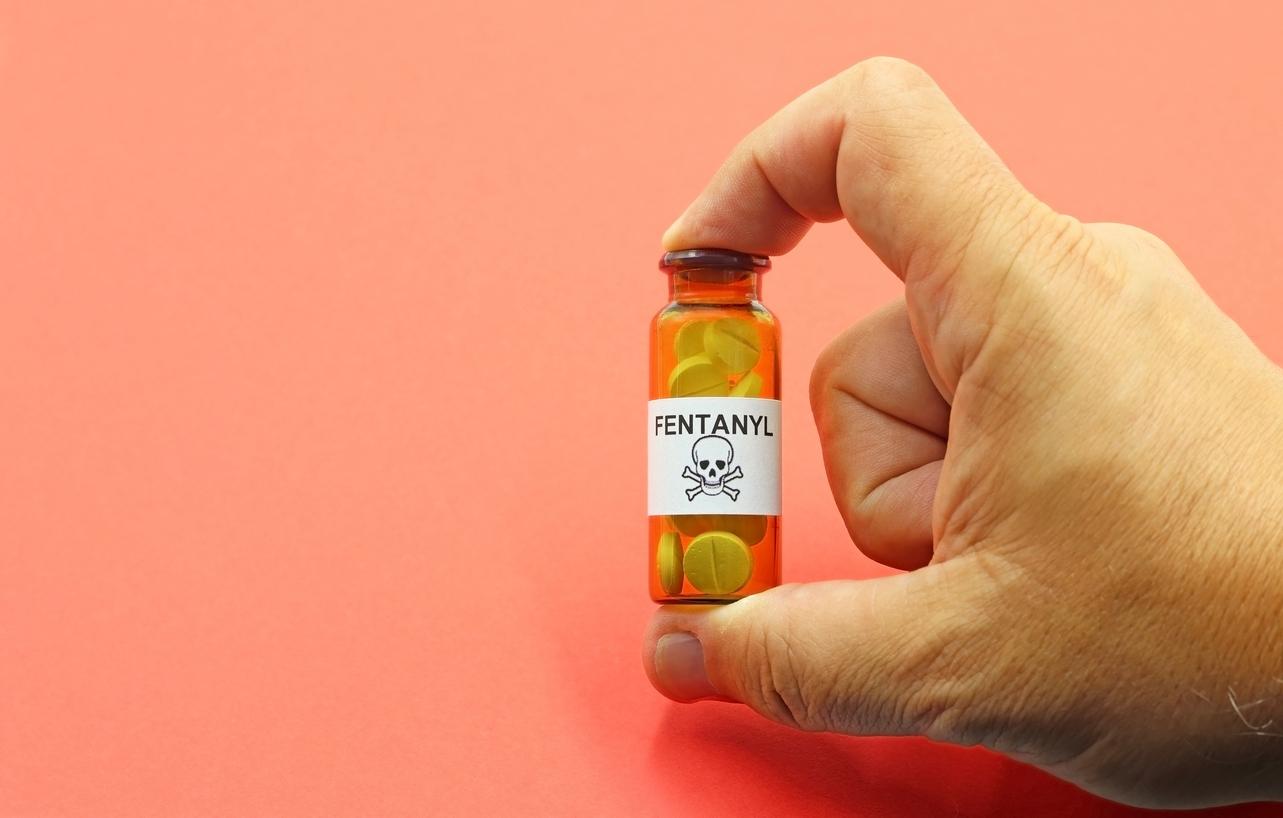Over the past twenty years, the number of deaths linked to the consumption of these analgesics has increased in certain European countries.

- More than 70% of deaths attributable to drug use are related to opioids. In more than 30% of cases, the cause is an overdose.
- After surgery, the number of patients taking opioids persistently in Europe is as high as in the United States.
- Currently, access to optimal pain management is considered insufficient in some European countries.
“Globally, approximately 500,000 deaths are attributable to drug use. More than 70% of these deaths are opioid-related, with the cause of death being overdose in more than 30% of these cases,” signal the World Health Organization (WHO). As a reminder, opioids are drugs commonly used to treat pain, including morphine, fentanyl and tramadol. Non-medical, prolonged, abusive or unsupervised use of these treatments can lead to addiction and other health problems.
Operation: patients using opioids in Europe as many as in the United States
For more than thirty years, the United States has faced the opioid crisis. Clearly, more and more Americans are taking and addicted to these drugs, which are responsible for an overdose crisis and numerous deaths. According to a study published in The Lancetopioid use is also a growing problem in Europe. “Although the territory does not face a homogeneous opioid epidemic, we have shown that mortality due to opioid consumption has increased over the last two decades in some European countries”, alerted Patrice Forget, researcher at the University of Aberdeen, and Winfried Hauser, pain doctor, who carried out the work. They also found that the proportion of adults persistently using opioids after surgery in Europe may, in fact, be as high as in the United States. “but probably very heterogeneously depending on where the patients live.”
Insufficient access to optimal pain management in Europe
According to experts, Europeans suffering from chronic pain often find it difficult to access optimal management of their suffering. This situation can lead to misuse or overuse of opioids. Patients should have access to personalized multidisciplinary care, which includes non-pharmaceutical approaches and medications. Better education of healthcare professionals, improved accessibility of non-drug treatments for pain and stricter regulation of opioids could help reduce the risks associated with their consumption in Europe.

















